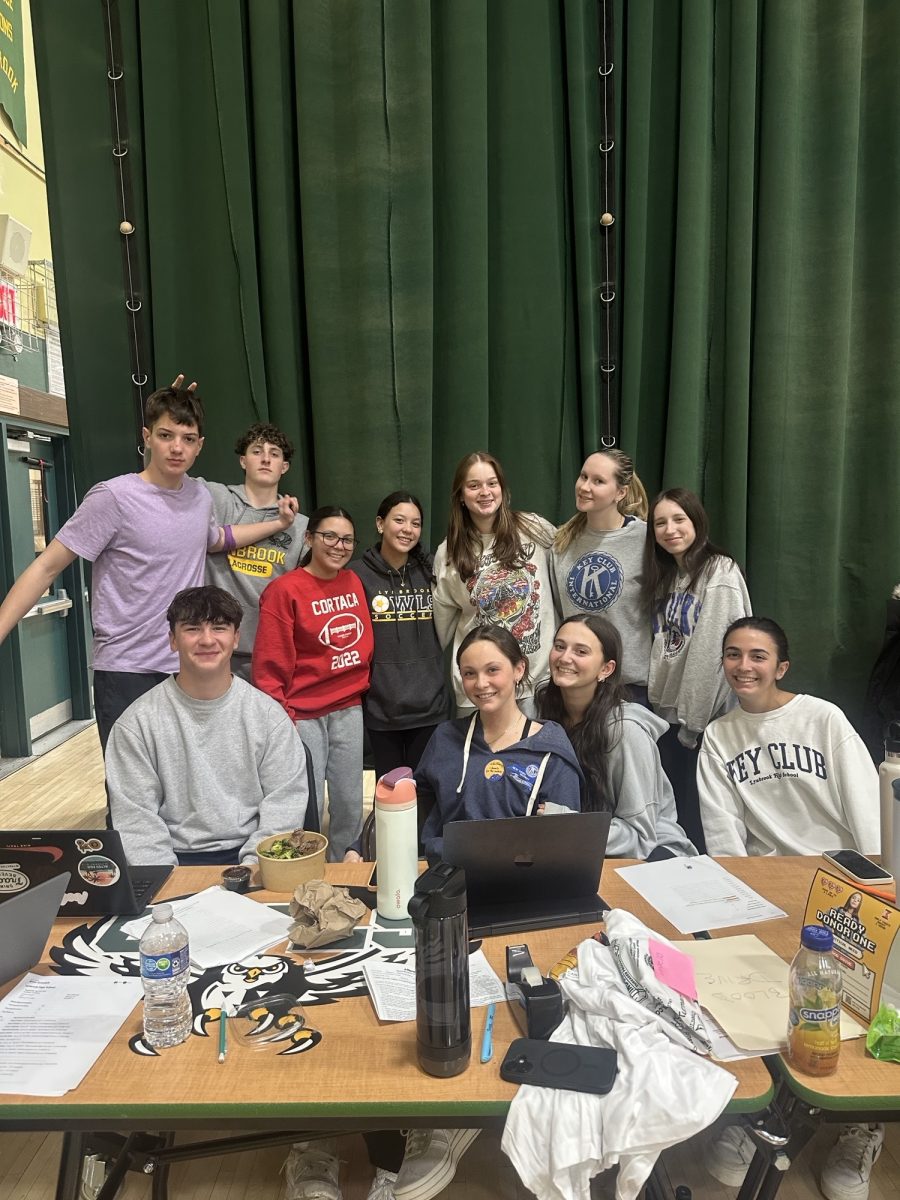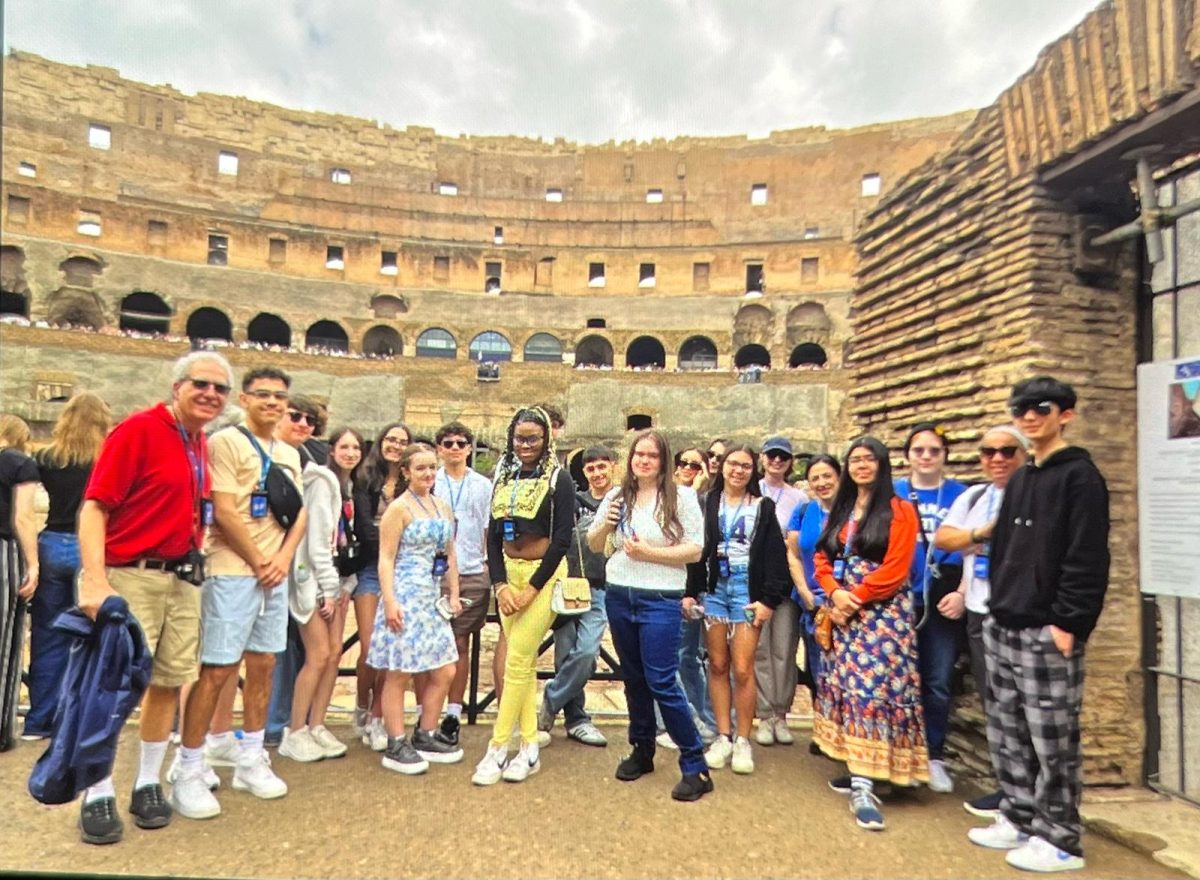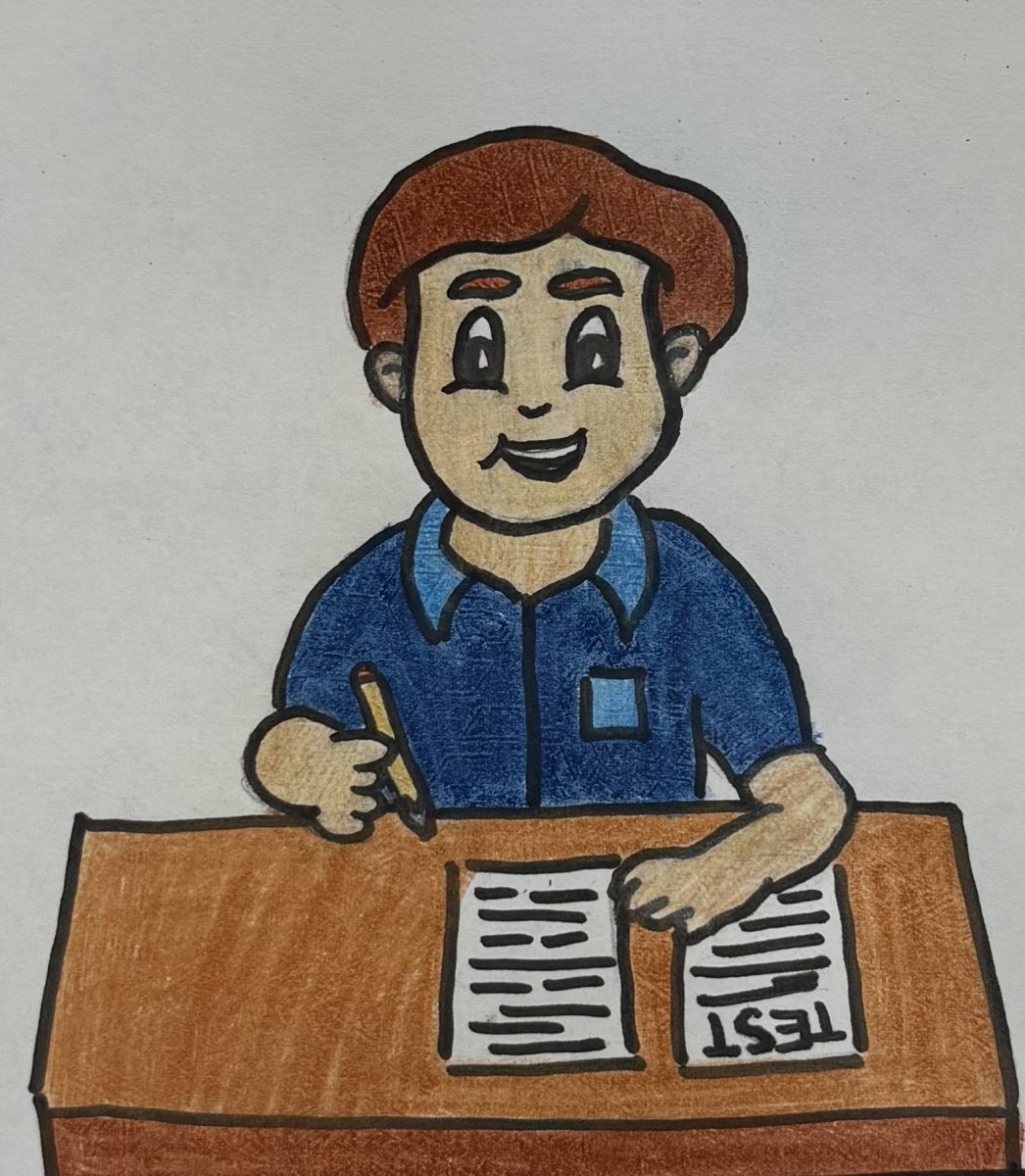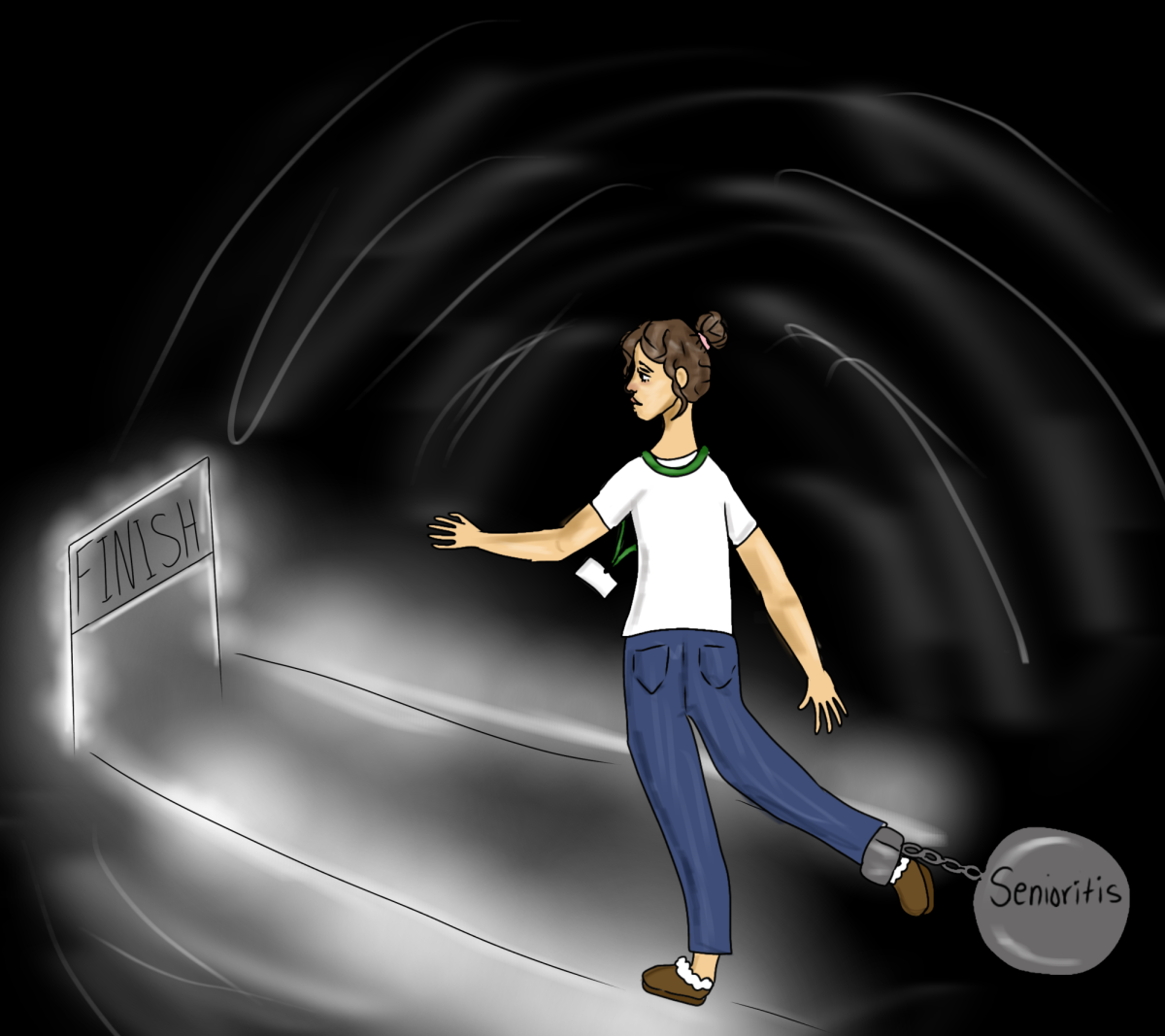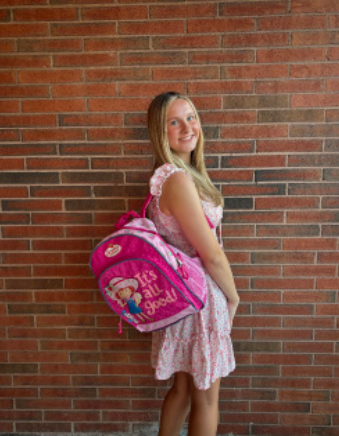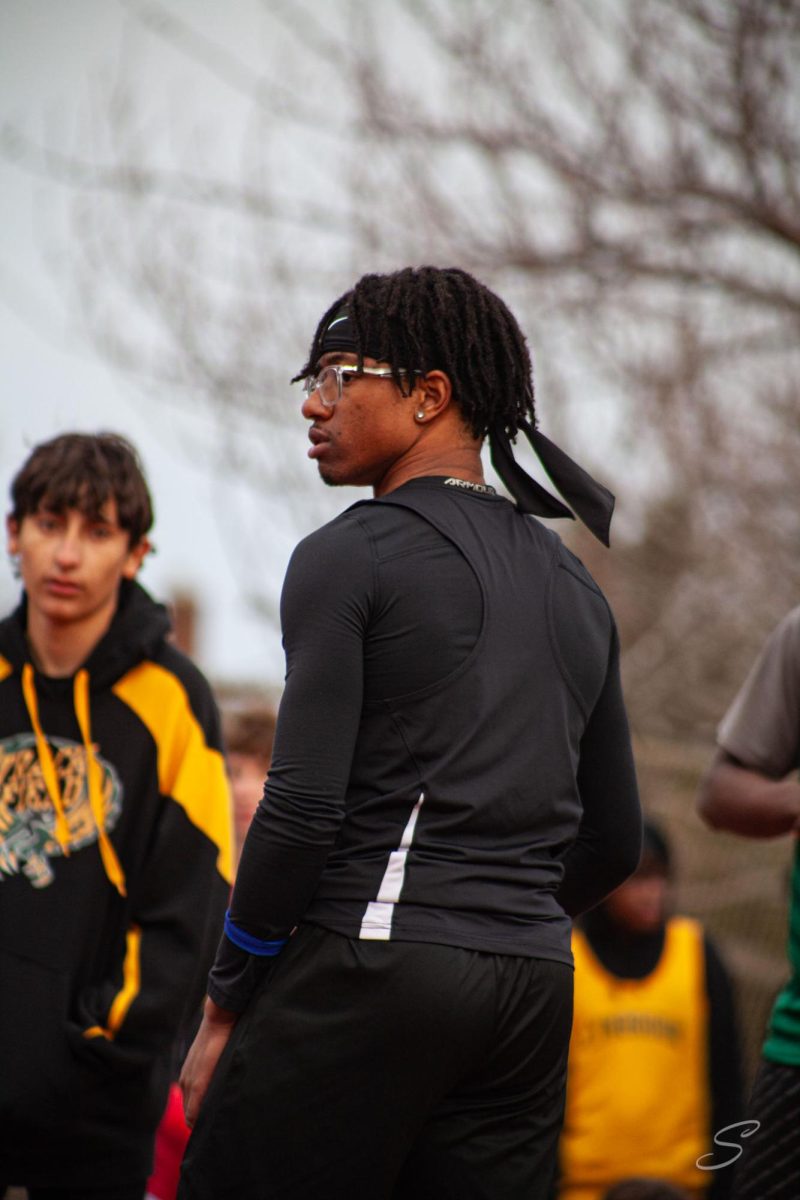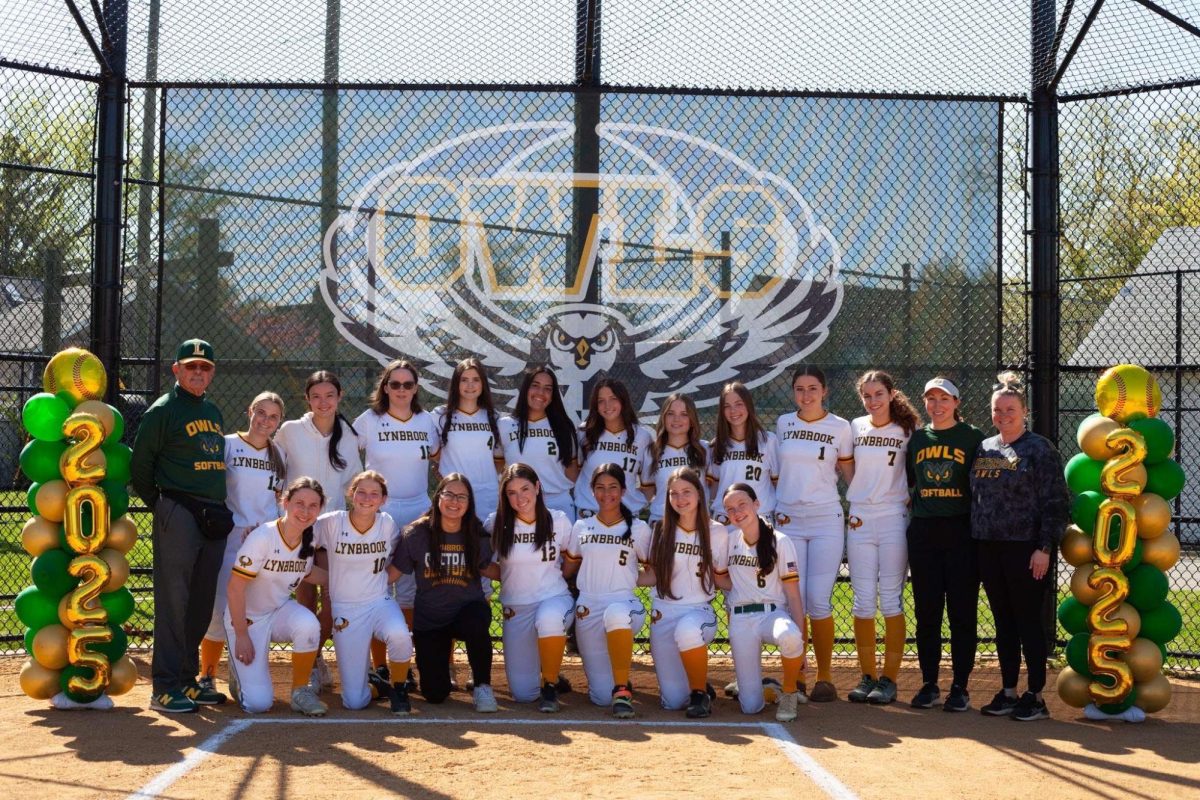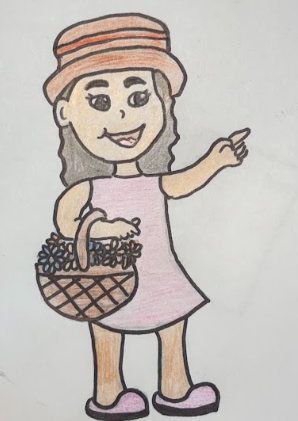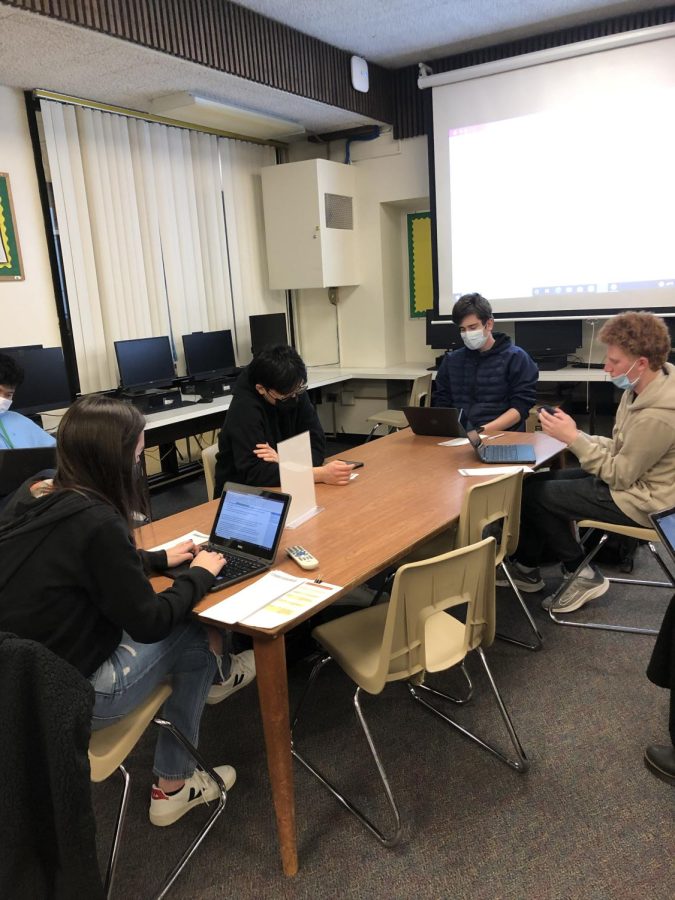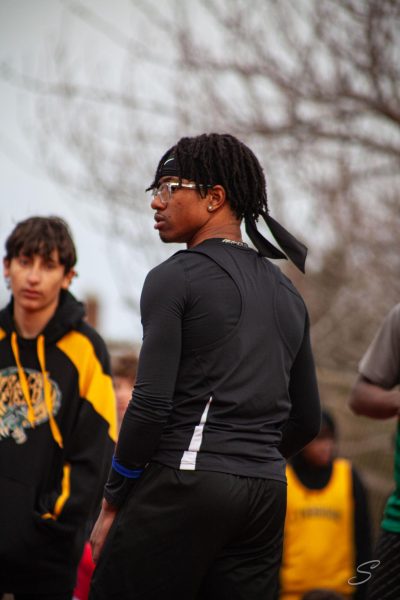Ready, Set, Debate! LHS Debaters Join NSDA Honor Society
The Speech and Debate team at LHS has experienced exciting achievements this year. Not only is this the first school year for Speech and Debate to be offered as an elective course, but several of the team’s debaters were recently accepted into the National Speech and Debate Association’s (NSDA) Honor Society. To get in, students must earn a quota of points through their efforts in debates and assistance to the community. Becoming a member of this honor society is a significant step for students that can further their journey to mastering public and argumentative speaking.
As described on the NSDA’s website (speechanddebate.org), middle and high school debaters, as well as their debate coaches, are eligible for membership in the honor society. The website further explains, “Members of the Honor Society are held to the Code of Honor, the highest standards of humility, equity, integrity, respect, leadership, and service.”
Students earn a specific number of points for each speech and debate event; point values depend on whether a student wins or loses a debate, or what rank he or she receives in a speech event. Community service also garners points for students. Sophomore Colette Doyle earned points by competing in Model Congress debates, and sophomore Yasmine Afzali earned points in both Model Congress and Radio Broadcast events. Juniors Ryan Donovan and Harry Hargreaves earned points through Extemporaneous and Model Congress debates. Senior Julia Swerdin and junior Liam Schorr were inducted into the honor society last year.
One debater, junior Emilia Berkowitz, gained enough points for membership after only two Model Congress debates. Interestingly, Berkowitz was on the verge of forgoing her first debate due to her nerves. However, Speech and Debate teacher and coach Maureen Bertolini “assured [her] that [she] was prepared” and that the night would be a success.
“That night, I competed and ended up ranking third in my chamber and eighth overall!” Berkowitz exclaimed. “I was completely shocked but also excited to debate again. It was such an amazing experience that I’ll never forget.”
Berkowitz said she has already gained many benefits through her experience with Speech and Debate. “I plan to continue debating for the rest of my high school experience as well as aim to better my skills and achieve all that I can. I encourage everyone to give this club a shot; debating is such an imperative skill to have.”
As students earn more points, they can achieve higher degrees in the honor society, beginning with Merit and followed by honor, excellence, distinction, and so on. Each degree is achieved once a student earns the designated number of points for that award. Bertolini said, “There are many pathways once you’re in the honor society; you can continue to earn points with speech and debate events.” Additionally, Bertolini mentioned how “you can start earning additional merits, which are also recognized on your high school resumés.”
The NSDA’s website adds that when students record their points, “it serves as an excellent educational tool to track their progress and growth over time.” Not only is membership in the NSDA Honor Society a great accomplishment, but the obtaining of higher degrees can motivate students to continue their pursuits in speech and debate.
When asked about her plans and ambitions in Speech and Debate, Afzali responded, “My future plans would definitely be to move up in the NSDA Honor Society.” Higher degrees can provide a path of improvement for students with such goals. Afzali mentioned that along with an increase in confidence, she has experienced the benefit of becoming a better researcher from Speech and Debate.
When asked what qualities helped the LHS debaters get into the honor society, Bertolini responded, “Students who are well-informed, who have an interest in current events, seem to really take interest in our club and also find successful results.”
As Speech and Debate students continue to work toward this success, they also acquire new skills. Bertolini described how students may originally have had only a simple knowledge regarding current events and social issues, but they soon build on that knowledge and gain more insight and expertise.
“Their understanding that there are multiple points of view attached to every issue has really been eye-opening for them, and they’re building confidence and finding it fun to have an opportunity to speak,” Bertolini said.
Membership in this honor society is an impressive, eye-catching achievement that can be put on a college resumé. According to the Speech and Debate website (speechanddebate.org), “Students who are members of the National Speech and Debate Association Honor Society stand out in the college admissions process.” A graph on this website displays how the top-10 colleges in the country may accept only 1% of students nationally but 5% of students who are members of the NSDA Honor Society; the top-25 colleges may accept only 2% of students nationally but 11% of NSDA Honor Society students.
Bertolini shared that two LHS Speech and Debate alumni’s college interviewers paid special attention when the students began talking about their experience in the club. Membership in this honor society has significant benefits as students look to colleges and their futures.
As Speech and Debate students develop and enhance their own skills and abilities, they are also open to sharing their knowledge and helping others acquire such skills. Bertolini explained that in the spring, the Speech and Debate students will meet with middle school students enrolled in Speech and Debate electives through Webex.
“We talk to them and just tell them about the high school level experiences that they can become involved in,” Bertolini said. She also mentioned that the debaters previously met with students in a fifth-grade class at West End who were going to be working on an argumentative writing assignment. Bertolini said, “The teacher was looking for our high school debaters to give them some tips about writing an argumentative piece, so we did that via Webex, as well.”
Mentoring also takes place within the debate team as veteran members help and teach newer members. Such mentoring took place on Jan. 19, as NSDA members Donovan and Swerdin competed in a mock-extemporaneous debate to demonstrate a debate to newer members. The topic was whether colleges should permanently drop standardized testing in the admissions process; Donovan presented the affirmative viewpoint and Swerdin the negative, though both were prepared to present either side. Senior Speech and Debate student William Lai kept time.
Swerdin and Donovan demonstrated the skills of thinking on their feet and applying the information they had researched as they presented their arguments and rebuttals. They also exemplified the skills of listening closely to their opponent and speaking confidently as they replied with strong, persuasive arguments. As onlookers observed the debate, they took note of the points made and strategies used. They also had the opportunity to ask questions to these experienced debaters.
From what they have learned in their endeavors so far, Speech and Debate members can provide wisdom for beginning team members. Afzali “would tell other debaters to know both sides and have plenty of research.” Berkowitz advised, “Everyone debating is trying to accomplish the same thing, which is getting your point across. Don’t be afraid to speak up and make your opinions heard!”
Being on a Speech and Debate team is a respectable position on its own, and earning a place in the NSDA Honor Society further adds to that prestige. Such students display characteristics of poise and intelligence that move them forward in their high school careers. At graduation, members of the honor society are also awarded a red and silver chord to recognize their achievement.
Skills acquired from Speech and Debate, particularly the ability to effectively communicate and support an argument, can be applied to any area of a student’s future, including seeking out a job or position or influencing a change in policy. The meaningful growth students experience as they become more proficient in speech and debate, as well as their willingness to teach and advise upcoming members, projects a path of success for these students and helps them develop worthwhile skills for the future.
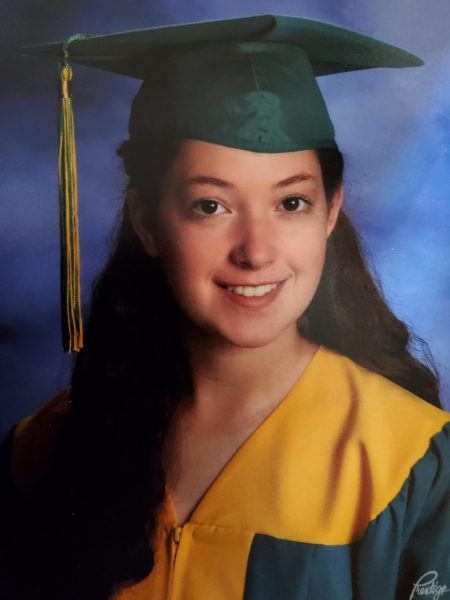
I am a member of the class of 2024 and a co-editor-in-chief of Horizon's online publication. I have one dog and eleven siblings, and I love to read!




